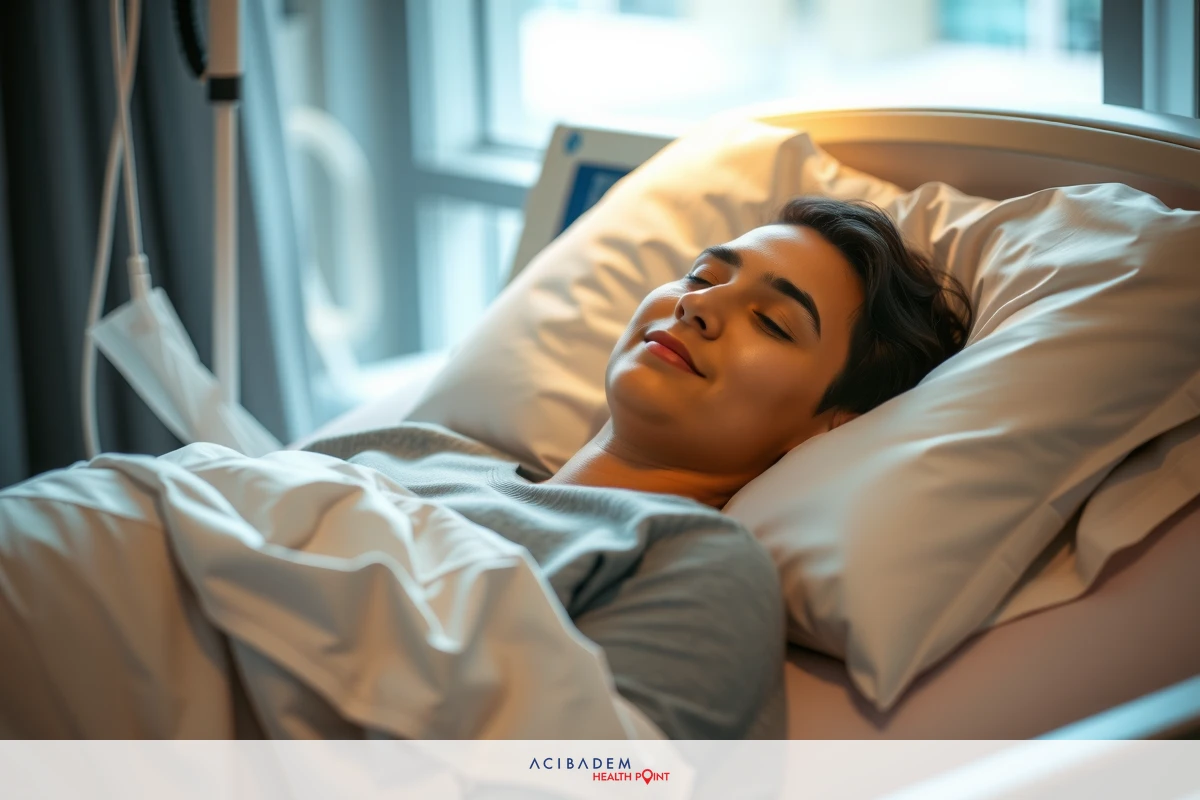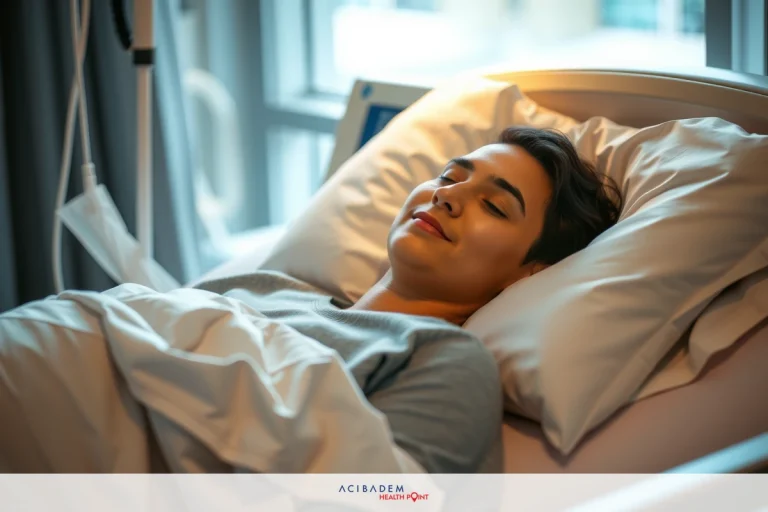How Long to Sleep with Head Elevated After Rhinoplasty
How Long to Sleep with Head Elevated After Rhinoplasty Sleep Recovering from rhinoplasty involves several measures that ensure optimal healing and the desired results. One such measure, often deemed simple yet crucial, is maintaining an elevated head position during sleep. This practice aids in reducing swelling, alleviating discomfort, and promoting a smoother recovery process.
The duration for which one should continue sleeping with an elevated head postrhinoplasty can vary based on individual healing rates and the specific instructions of the healthcare provider. It’s generally recommended until notable reduction in swelling occurs. Various strategies can enhance comfort during this period, including using multiple pillows or a recliner chair for support.
Practical tips for achieving restful sleep while adhering to these guidelines form a key component of recovery advice after rhinoplasty surgery. From selecting suitable bedding accessories to adopting certain relaxation techniques before bedtime – each element plays its part in facilitating uninterrupted sleep and subsequently better recuperation following this facial reshaping procedure.
Sleeping Position Recommendations
Embarking on the journey of rhinoplasty recovery, one cannot overlook the significance of adopting suitable sleeping positions. Navigating nights post-surgery can be a challenge, yet it’s a hurdle that can be overcome with correct guidance and adherence to recommended practices. The primary rule is ensuring your head stays elevated above your heart level; this helps reduce swelling and accelerates healing.
Multiple pillows or specially designed wedge-shaped cushions are commonly used to support an elevated position while sleeping. These not only provide appropriate height but also prevent accidental turning during sleep which might put pressure on the operated area. Alternatively, some find reclining chairs more comfortable for maintaining elevation without worrying about rolling over in their sleep – another testament to how individual preferences play into achieving optimum comfort during rhinoplasty recovery.
Sleeping on your back is strongly advised against indulging in any side or stomach sleeping post-rhinoplasty procedure for at least a few weeks. This cautionary measure serves dual purposes – preventing unintentional contact leading to possible injuries and aiding uniform reduction of swelling by avoiding unnecessary pressure imbalance across different parts of the face. Remember, patience here will pave way for smoother healing and satisfactory results from your surgery.
Duration of Head Elevation
As we delve into the specifics of postoperative care following rhinoplasty, one question often arises – how long should the practice of head elevation during sleep be sustained? The truth is that there isn’t a universal answer to this query as it depends on individual healing rates and specific instructions from your healthcare provider. However, most experts recommend keeping up with this practice until significant swelling subsides.
In general terms, patients are advised to maintain an elevated sleeping position for at least one to two weeks after surgery. This time frame aligns well with the peak period of swelling which tends to gradually decrease thereafter. But remember, everyone’s body responds differently to surgery and heals at its own pace. Thus, some might need to extend this duration beyond two weeks based upon their personal recovery journey and professional medical advice.
The process may seem cumbersome but adhering strictly can accelerate your path towards complete recovery while ensuring favorable surgical outcomes. As you transition back into normal sleeping positions over time, do so gradually and mindfully; abrupt changes could potentially cause discomfort or disrupt healing. Keep in mind

that taking these small steps towards normalization is part of your larger journey towards achieving the aesthetic results you desired through rhinoplasty.
Sleeping Tips for Comfort
As you navigate your way through the recovery phase of rhinoplasty, achieving restful sleep might seem like a daunting task due to discomfort and changes in sleeping positions. Yet, by incorporating certain tips into your routine, you can significantly enhance your comfort levels and ensure sound sleep. Here are some strategies that could prove helpful.
- Invest in Supportive Bedding: Opt for pillows or cushions that provide ample support while keeping your head elevated. Specially designed wedges or neck pillows can help maintain the required position without causing strain.
- Stay Hydrated: Keeping well-hydrated aids in healing and helps keep dryness at bay which might be exacerbated due to mouth-breathing post-surgery.
- Maintain a Cool Environment: A cooler room temperature aids better sleep quality as it prevents overheating – an aspect particularly relevant when adjusting to new sleeping positions.
- Use a Humidifier: A humidifier keeps the air moist, thereby preventing nasal passages from drying out – a common issue with nose surgeries.
- Avoid Strenuous Activity Before Bedtime: Engaging in calm activities before bedtime promotes relaxation making it easier to fall asleep despite any potential discomfort.
- Wear Loose Clothing: Wearing loose clothes reduces skin irritation around incisions and ensures ease of movement during sleep ensuring undisturbed slumber.
By integrating these tips into your nighttime regimen, you can create an environment conducive to restful sleep during this crucial time of recovery after rhinoplasty surgery.
How Long to Sleep with Head Elevated After Rhinoplasty: Frequently Asked Questions
How crucial is it to sleep with my head elevated after rhinoplasty?
Absolutely essential. Keeping your head in an elevated position while sleeping reduces swelling, alleviates discomfort, and promotes faster healing post-rhinoplasty.
When can I return to my usual sleeping positions?
This largely depends on individual recovery rates and professional medical advice. Generally, patients are advised to maintain an elevated head position for at least one to two weeks or until significant reduction in swelling occurs.
What kind of pillows should I use for maintaining a comfortable yet effective elevation during sleep?
You may opt for multiple standard pillows stacked together or special wedge-shaped cushions designed specifically for this purpose. Some also find recliners useful as they provide appropriate height without the risk of rolling over during sleep.
Are there any specific things I should avoid before bedtime during my recovery period from rhinoplasty surgery?
It's advisable to steer clear of strenuous activities close to bedtime as these could hinder relaxation and consequently impact quality of sleep. Also ensure you wear loose clothing that won't irritate incisions or restrict movement while sleeping.











